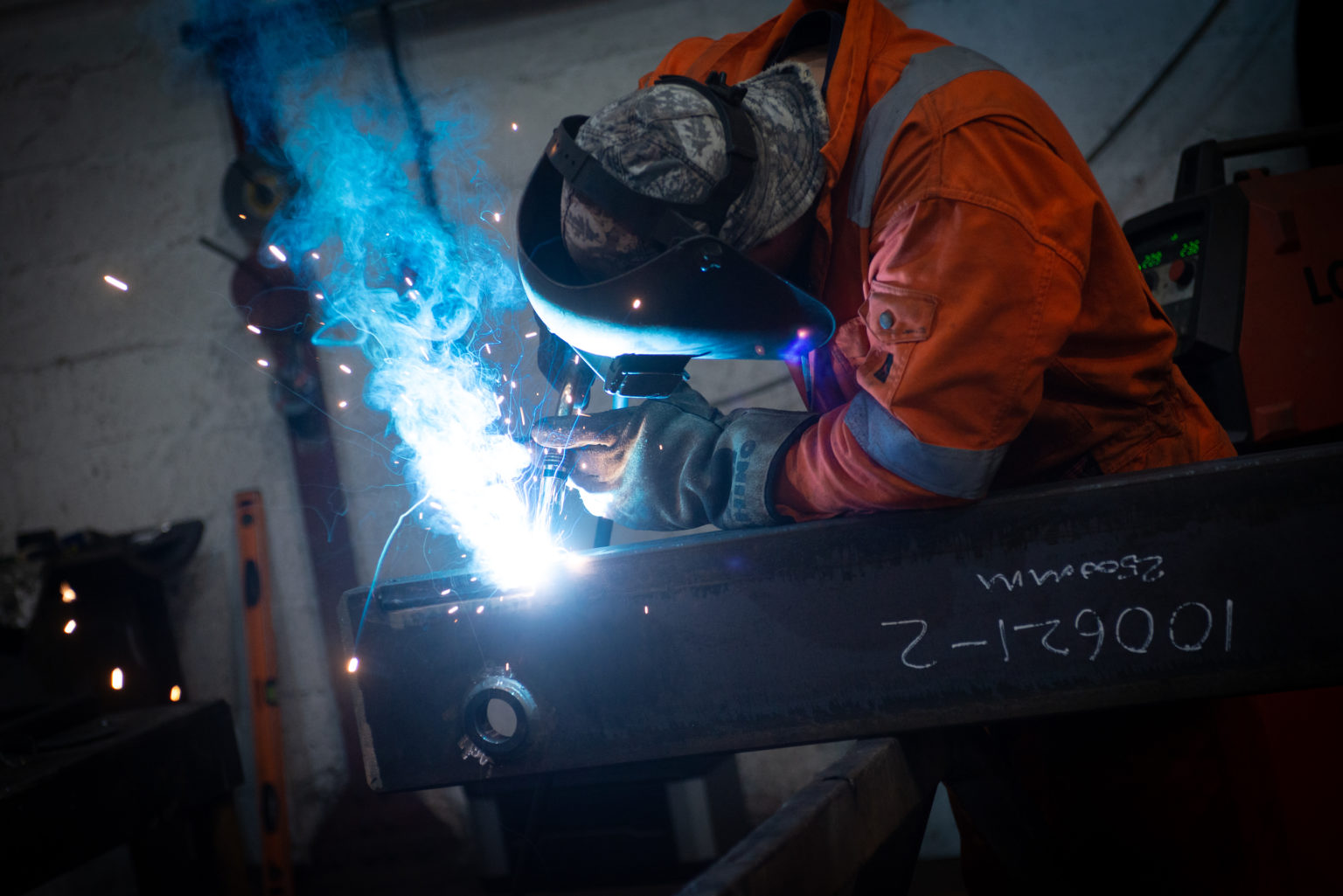Our new series A Just Transition: From Fossil Fuels to Environmental Justice charts the prospects and obstacles to the shift away from oil, gas and coal and explores the opportunity to create jobs in new clean industries.
Part One: the Kingdom of Coal — In part one, we look at the history of energy in Fife, and begin to mine the prospects for a more sustainable future to meet our climate crisis.
Part Two: the City of Oil — In part two, we look at Aberdeen, the fluctuating value of oil and the problems and opportunities in shifting to renewable energy
Part Three: Centuries of Shale — In part three, we look at the totemic Grangemouth refinery, and what the plant means for the communities that depend on it.
Part Four: the Hylands of Hydro — in part four, we take a retrospective look at the successes of the Hydro board in the mid-20th century; a scheme which sets a precedent of a just transition in Scotland today.
We also commissioned a short film by Alan McCredie, exploring the complexities of a Just Transition through local voices. View it on Vimeo:
Subscribe to our newsletter
Stay up to date with DeSmog news and alerts







